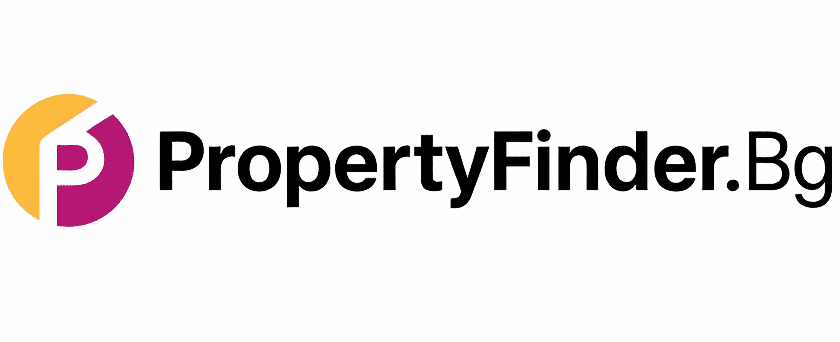It is deeply ingrained in our culture that the pinnacle of financial success is owning the roof over your head. Banks sell us this dream, society enforces it, and our parents often demand it.
But if you look at the portfolios of the most successful investors, you will see something different. They rarely rush to “lock” their capital into the place where they live. Why? Because they understand the fundamental difference between consumption and investment.
This article aims not to convince you against buying a home. Instead, it will reveal the “hidden cost” of that decision and how, purely mathematically, the dilemma of investment property vs. own home defines your financial future.
Content
The Big Lie: “Rent is Money Thrown Away”
This is the most common, emotional argument in favor of owning a home. However, financial mathematics tells a different story.
When you buy a home with a mortgage, you don’t stop paying “rent.” You simply switch landlords. Instead of paying a property owner, you pay the bank in the form of interest. Add to this taxes, insurance, and most importantly – maintenance costs, which become 100% your liability.
An investment property works on the opposite principle. With it, the tenant pays your interest, your taxes, and your maintenance, while you pocket the difference (Cash Flow) and build equity.
The Concept of “Dead Equity”
To understand the true cost, let’s look at an example. Imagine you have €200,000 (cash or credit resource).
Scenario A: You buy your own home
The money is “frozen” within the walls and floors. This property generates no cash flow. Your only hope for profit is speculative – that in 10 years, its price will have risen. But while you wait, you take money out of your pocket every month. This capital is “dead” for active work.
Scenario B: You buy an investment asset
You continue to rent (perhaps a more modest dwelling), and those €200,000 buy an asset yielding a 6-8% annual return. This asset brings you real income today.
Insight: Your own home is a hedge against inflation (at best), while an investment property is a lever for wealth creation. For more details on structuring your portfolio, see our real estate investment strategies.
The Opportunity Cost
The biggest omission in the “own home” choice is the so-called opportunity cost.
If you block your creditworthiness with a huge mortgage for a personal residence, you automatically disqualify yourself from obtaining an investment loan. The bank sees that your Debt-to-Income (DTI) ratio is maxed out.
Thus, for the comfort of saying “this is mine,” you miss the opportunity to buy undervalued assets when the market offers them. The smart investor first builds the base of assets (which pay for their lifestyle) and only then buys the “toy” – the expensive personal home.
Comparative Analysis: What Do the Numbers Say?
When faced with the dilemma, use this decision-making table, not your emotions:
| Metric | Own Home | Investment Property |
| Financial Goal | Value preservation (Hedge). | Income generation (Cash Flow). |
| Tax Benefits | Almost none (for individuals). | Deduction of costs, depreciation. |
| Flexibility | Low. Selling is slow and emotional. | High. Easy to liquidate. |
| Risk | You pay for everything if it breaks. | Risk is shared with the tenant. |
Before signing any contract, ensure you know how to calculate property yield so you don’t base your decision on guesswork.
Conclusion: The Order of Actions Matters
There is nothing wrong with owning your own home. The problem lies in the sequence.
- The middle-class mistake: Buy a home -> Pay it off for 30 years -> Try to invest with whatever is left.
- The wealthy formula: Invest in assets -> Use the income from assets to pay for the home.
Before falling in love with the view from the terrace, ask yourself: Will this property make me richer today, or just make me the proud owner of a liability?
You might also like:
- Property in Sicily – a region with potential: discover the hidden opportunities of the Mediterranean
- Property in Spain under threat: How are heatwaves, drought and water shortages changing the market?
- Dubai’s Luxury Property Market to 2030: A Data-Driven Forecast for Investors
This post is also available in: Български







